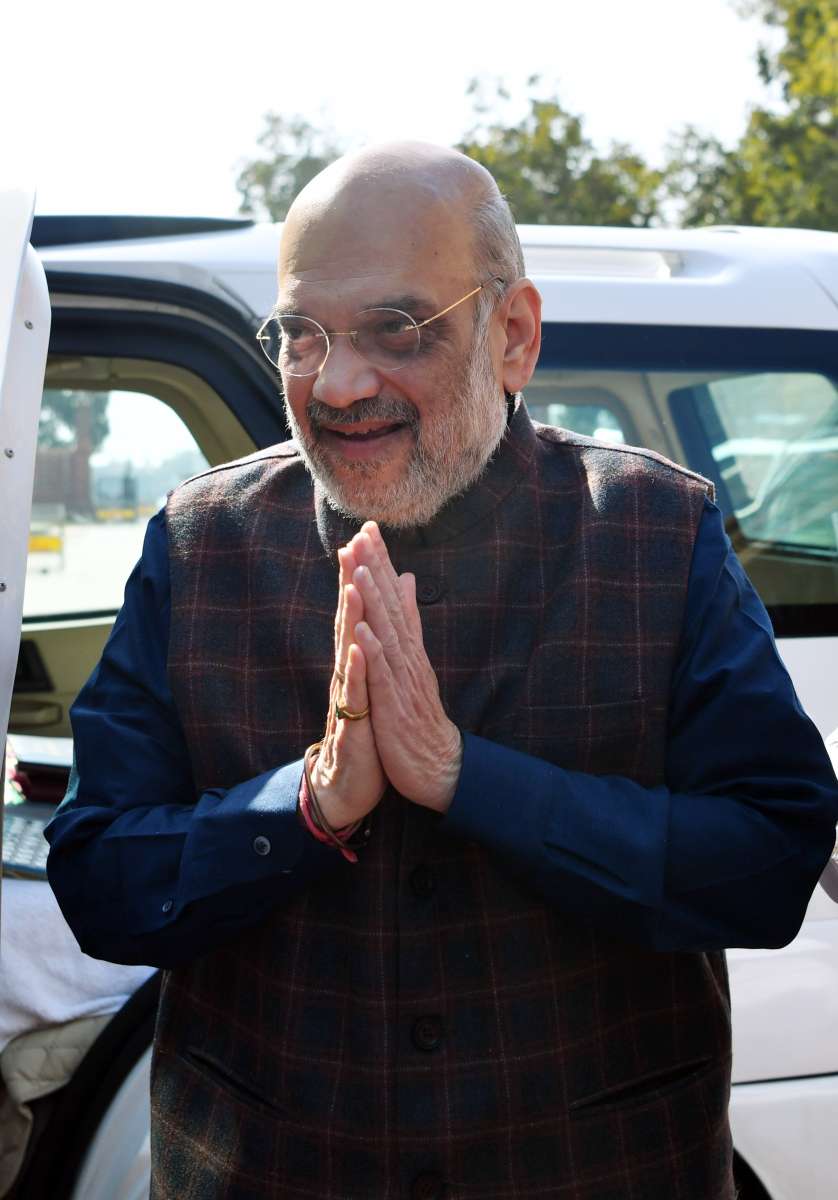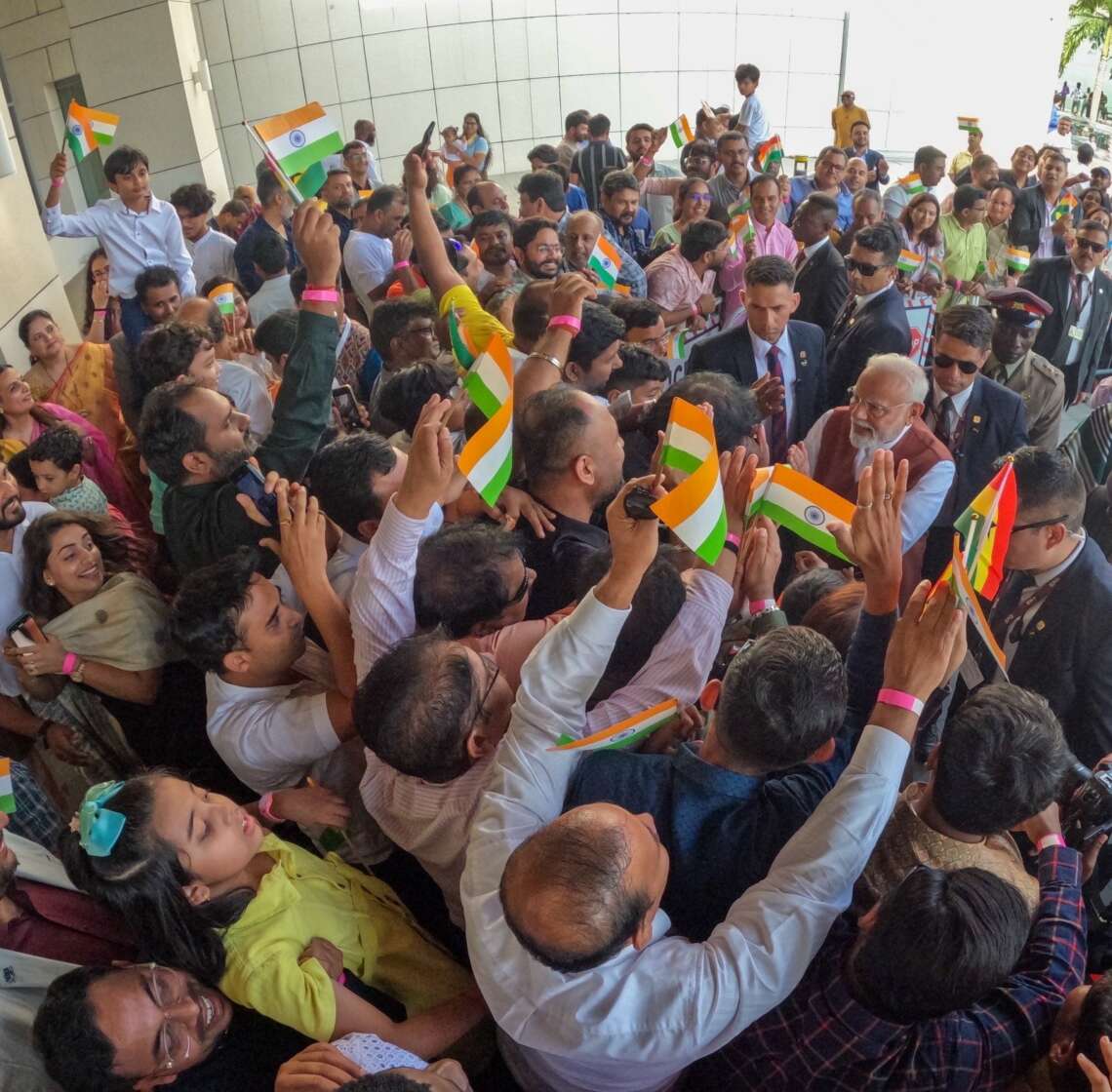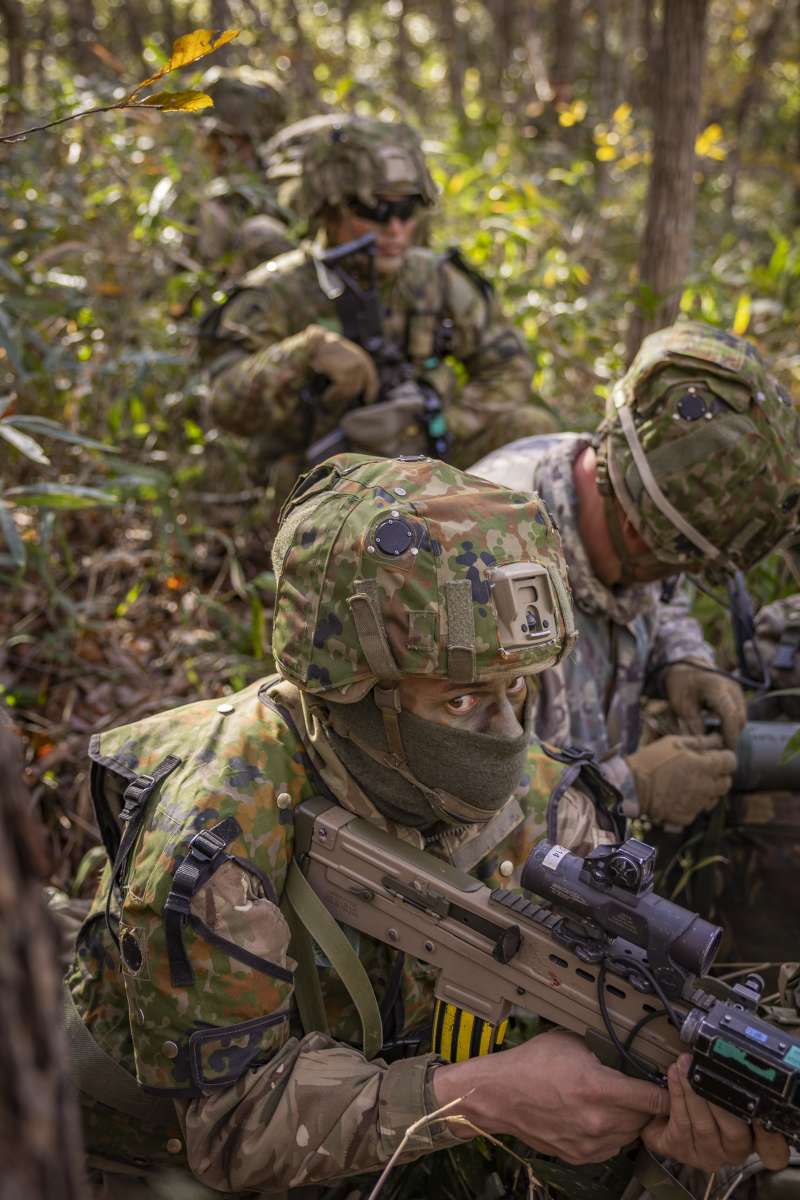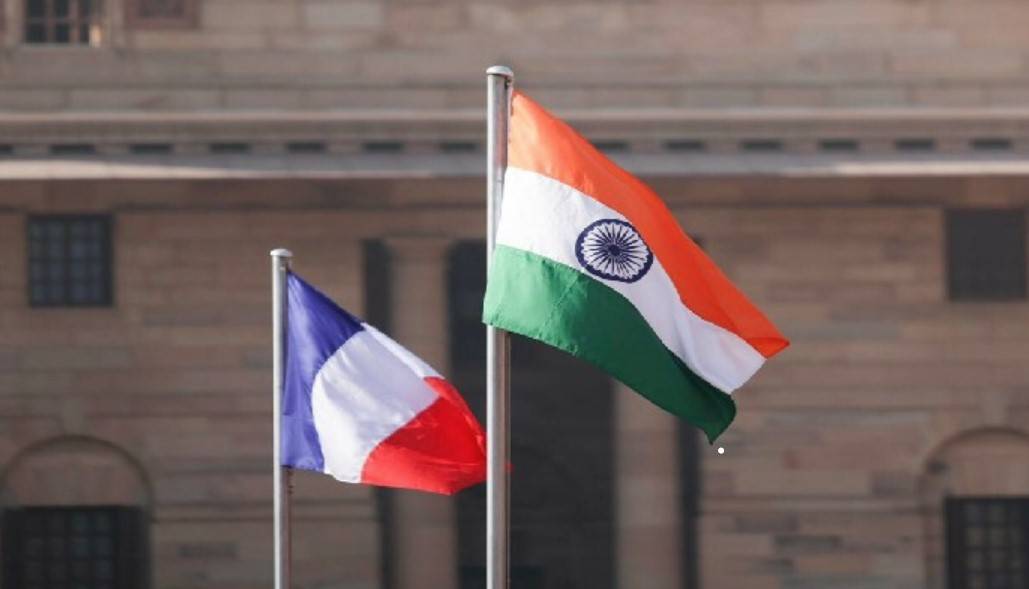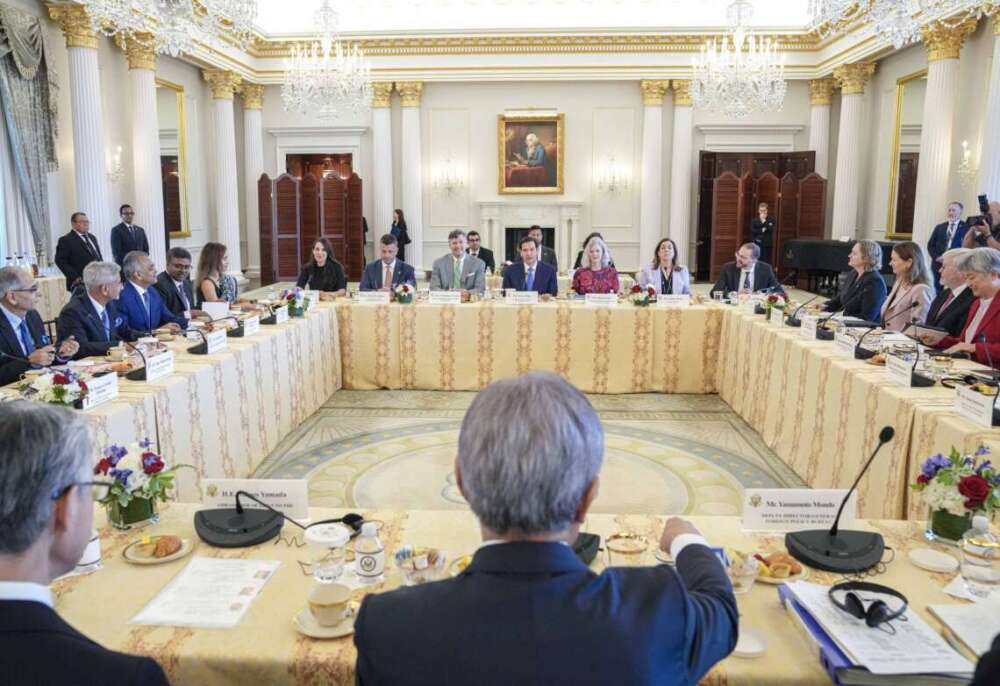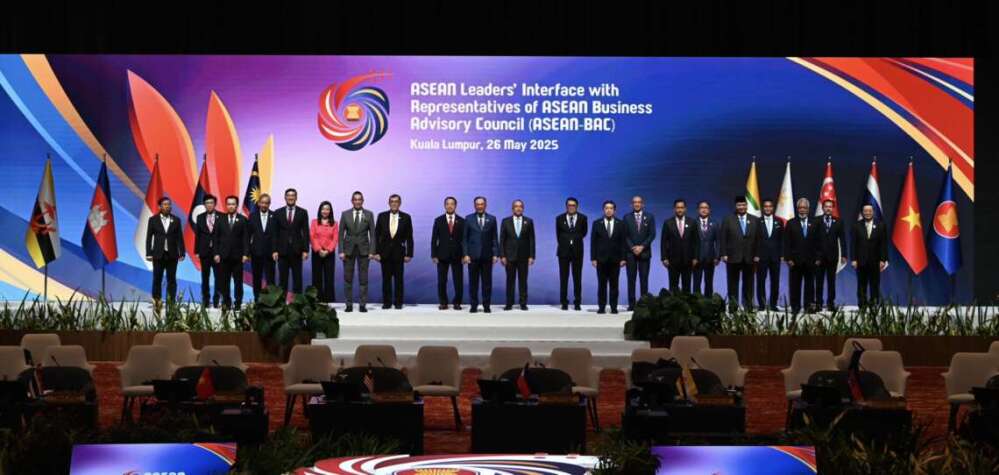This comes just two days after the Home Minister’s statement that the government has chosen to erect a fence along the entire 1643-kilometer India-Myanmar border….reports Asian Lite News
Union Home Minister Amit Shah on Thursday announced for “immediate suspension of Free Movement Regime (FMR)” between India and Myanmar to ensure the internal security of the country and to maintain the demographic structure of India’s North Eastern states bordering Myanmar.
“Since the Ministry of External Affairs is currently in the process of scrapping it, the Ministry of Home Affairs (MHA) has recommended the immediate suspension of the FMR,” Shah said.
The Home Minister in a post on X, made the announcement, saying that the aim of abolishing the FMR between India and Myanmar is to safeguard the internal security of the nation and preserve the demographic composition of India’s North Eastern states that share borders with Myanmar.
“It is Prime Minister Narendra Modi’s resolve to secure our borders. The Ministry of Home Affairs (MHA) has decided that the Free Movement Regime (FMR) between India and Myanmar be scrapped to ensure the internal security of the country and to maintain the demographic structure of India’s North Eastern States bordering Myanmar. Since the Ministry of External Affairs is currently in the process of scrapping it, MHA has recommended the immediate suspension of the FMR,” Shah said in the post.
This comes just two days after the Home Minister’s statement that the government has chosen to erect a fence along the entire 1643-kilometer India-Myanmar border.
On February 6, Shah announced that a patrol pathway will also be constructed along India-Myanmar border in order to enhance surveillance capabilities. Furthermore, the Minister had said, two pilot projects of fencing through a Hybrid Surveillance System (HSS) are under execution, and they will fence a stretch of 1 km each in Arunachal Pradesh and Manipur.
“Additionally, fence works covering approx 20 km in Manipur have also been approved, and the work will start soon,” Shah had stated further.
The fresh announcement to scrap FMR is significant in an effort of the government to curb the influx of illegal migrants and insurgents.
The plan is part of consideration to end a point of contention as local residents complain that the FMR policy has become a major subject of contention as it is often misused and facilitates “illegal immigration, drug and arms trafficking”.
Manipur government as well as other northeast states facing the issue has also raised the matter with the Central government earlier.
The 1,643-km-long India-Myanmar border, spanning Mizoram, Manipur, Nagaland, and Arunachal Pradesh, currently operates under the FMR, which permits individuals living near the India-Myanmar border to travel 16 km into each other’s territories without a visa. Initiated in 2018, the FMR policy was a component of India’s Act East policy.
As per FMR policy, those belonging to the hill tribes, being citizens of either India or Myanmar and residing within a 16 km radius on either side of the border, can cross with a border pass valid for one year, allowing a stay of up to two weeks per visit.
“We plan to terminate the FMR along the Indo-Myanmar border shortly. Our aim is to install fencing along the entire border, a project expected to be completed in the next four-and-a-half years. Individuals entering will be required to obtain a visa,” stated an official privy to the plan being prepared by the Ministry of HomeAffairs.
“The objective is not only to halt the misuse of the FMR, which insurgent groups exploit for attacks on the Indian side before escaping to Myanmar, but also to stop the inflow of illegal immigrants and disrupt networks involved in drug and gold smuggling.”
Another official shared that the process of “tendering for an advanced smart fencing system covering 300 km of the India-Myanmar border is already in progress, and the project’s implementation will commence shortly.” (ANI)
ALSO READ: ‘UK closer to large-scale conflict than in many years’


